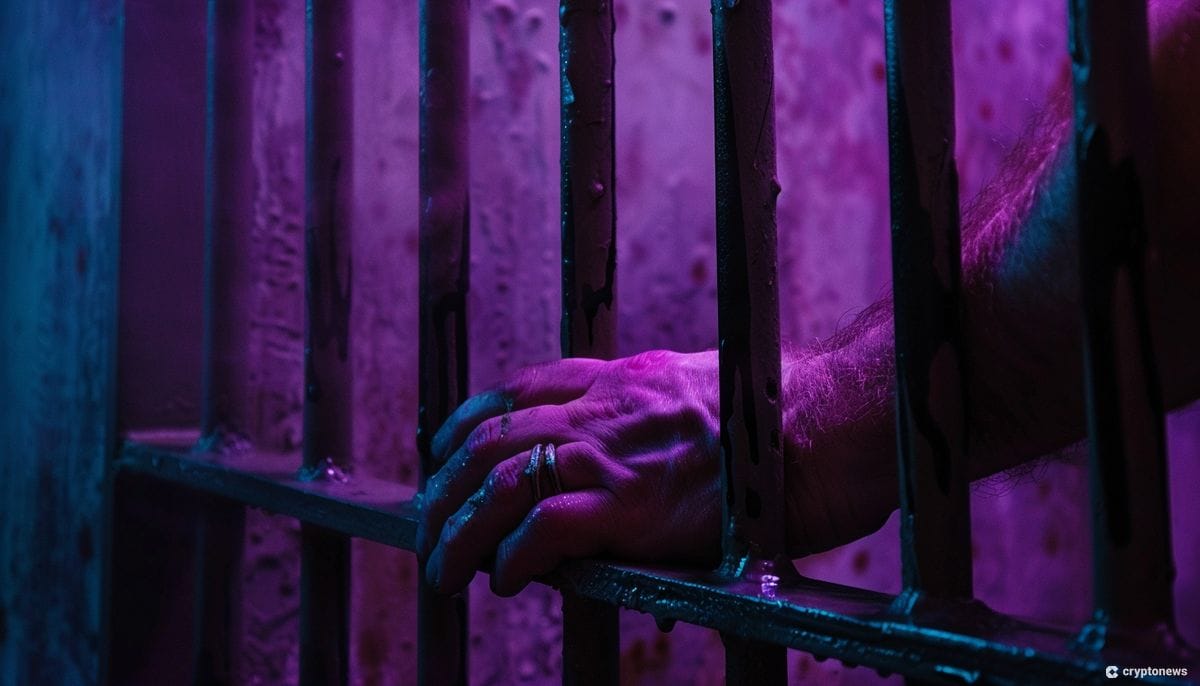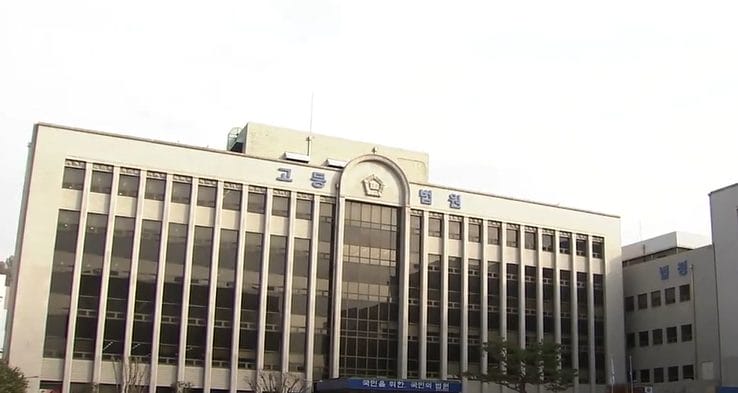South Korean Crypto Fraudster’s 10-year Jail Sentence Upheld in High Court

A South Korean crypto fraudster will serve 10 years in jail after the High Court upheld his original sentence.
Per the media outlets Herald Kyungjae and Chosun Ilbo, the 44-year-old fraudster – surnamed Wi – was the CEO of a firm named Tae Sung E&C Group.
On June 18, the Gwangju High Court’s Second Criminal Division 2 dismissed Wi’s appeal against a district court verdict.
South Korean Crypto Fraudster ‘Branched Out into Crypto’
The court heard that Wi raised over $82.6 million from hundreds of investors, whom he promised “guaranteed” returns.
Wi, prosecutors explained, initially “mainly focused on the solar power plant sales business.”
The CEO was arrested in June 2023 after investors filed complaints with the Gwangju Police Agency, per an earlier Pressian report.
But he later “expanded” into the crypto sphere, as well as the “smart agriculture,” restaurants, movie production, and insurance sectors.

Fraudster Promised Profits Between 8% and 12%
The court heard that Wi and his Buk (North) District, Gwangju-based firm duped 1,678 people by “promising” to protect their stakes and “guarantee” “high interest rates of 8-12%.”
Wi collected the money “from 2018 to 2021,” prosecutors explained. They also noted that the CEO had actually operated a “Ponzi scheme,” paying older investors with newer investors’ money.
The District Court found Wi guilty of violating the Act on the Aggravated Punishment of Specific Economic Crimes, as well as “embezzling company funds.”
Wi, the court heard, “recruited investors” using channels such as Naver Cafe. But he then reportedly proceeded to “waste most of the money on failed business expansion plans.”

‘No Reason to Change Original Verdict,’ Says Judge
The presiding High Court judge explained there was no reason to alter the original sentencing as the crime had claimed “many victims” and “the financial damages were significant.”
The judge also noted that Wi and his firm had not been able to compensate any more victims before the appeals hearing.
The court heard that Wi has thus far only returned a small “portion” of the money he raised to investors.
It ruled that he had made no special “efforts” to reimburse victims since the end of his first trial.
The judge noted that Wi had expressed “remorse” for his actions, but added that the victims had suffered “mental and economic hardships” as a result of losing money. The judge said:
“The [District Court’s] sentence does not seem too lenient or overly severe. And there has been no change in the circumstances since the original verdict was issued.”
Police initially believed Wi’s victims numbered fewer than 800, but later revised this figure.
The court heard that Wi and his firm had engaged in “promoting virtual asset issuance” and token “distribution.”
Crypto investment fraud is on the rise in Gwangju. The same appears to be true elsewhere in South Korea and beyond.
In March, the United States FBI reported a rise from $2.57 billion in 2022 to around $3.94 billion in 2023, representing a 53% increase in fraud cases.









